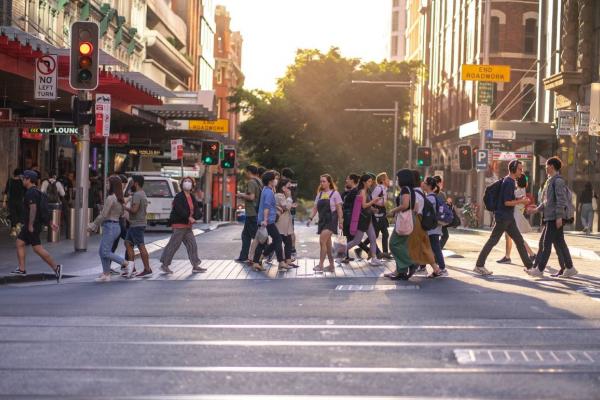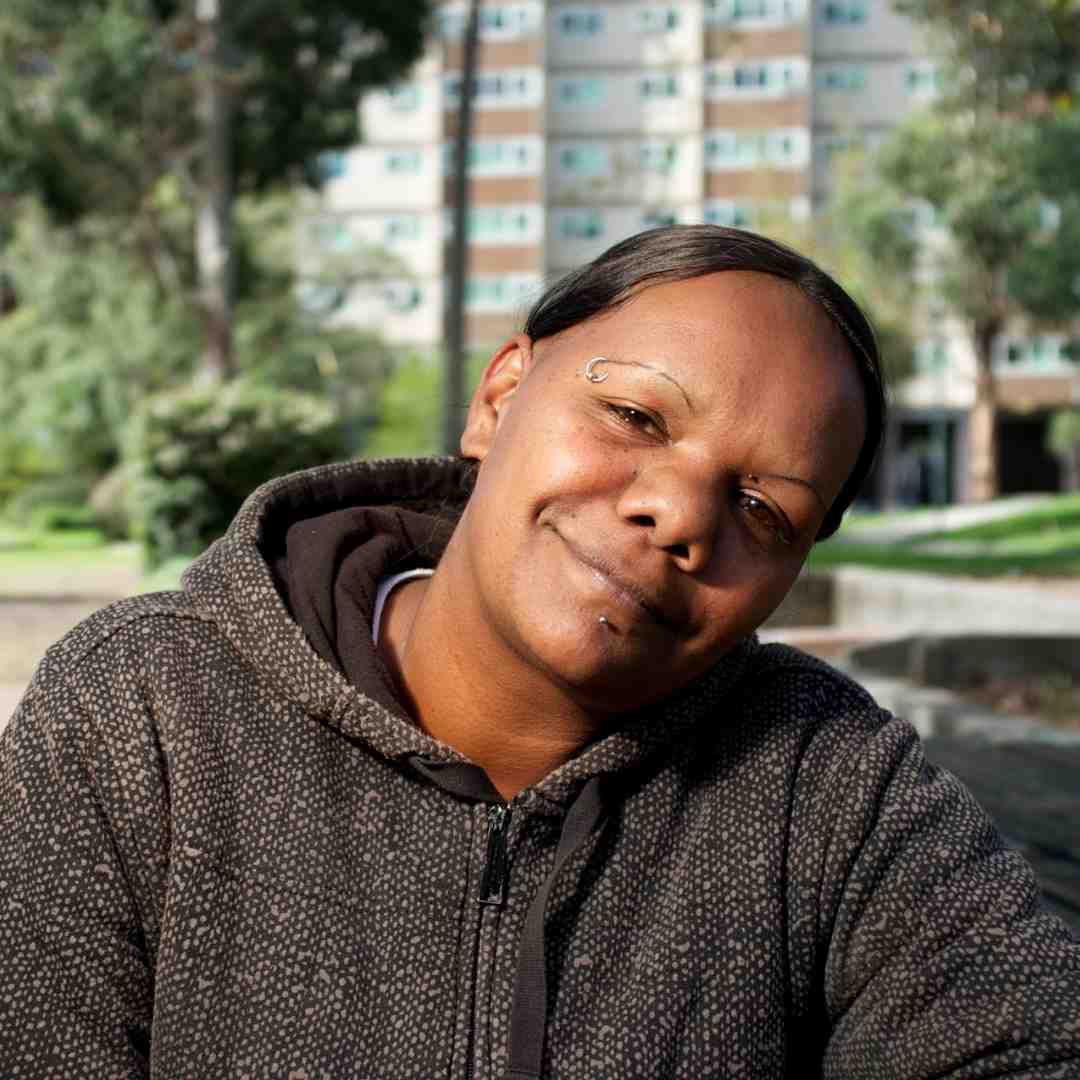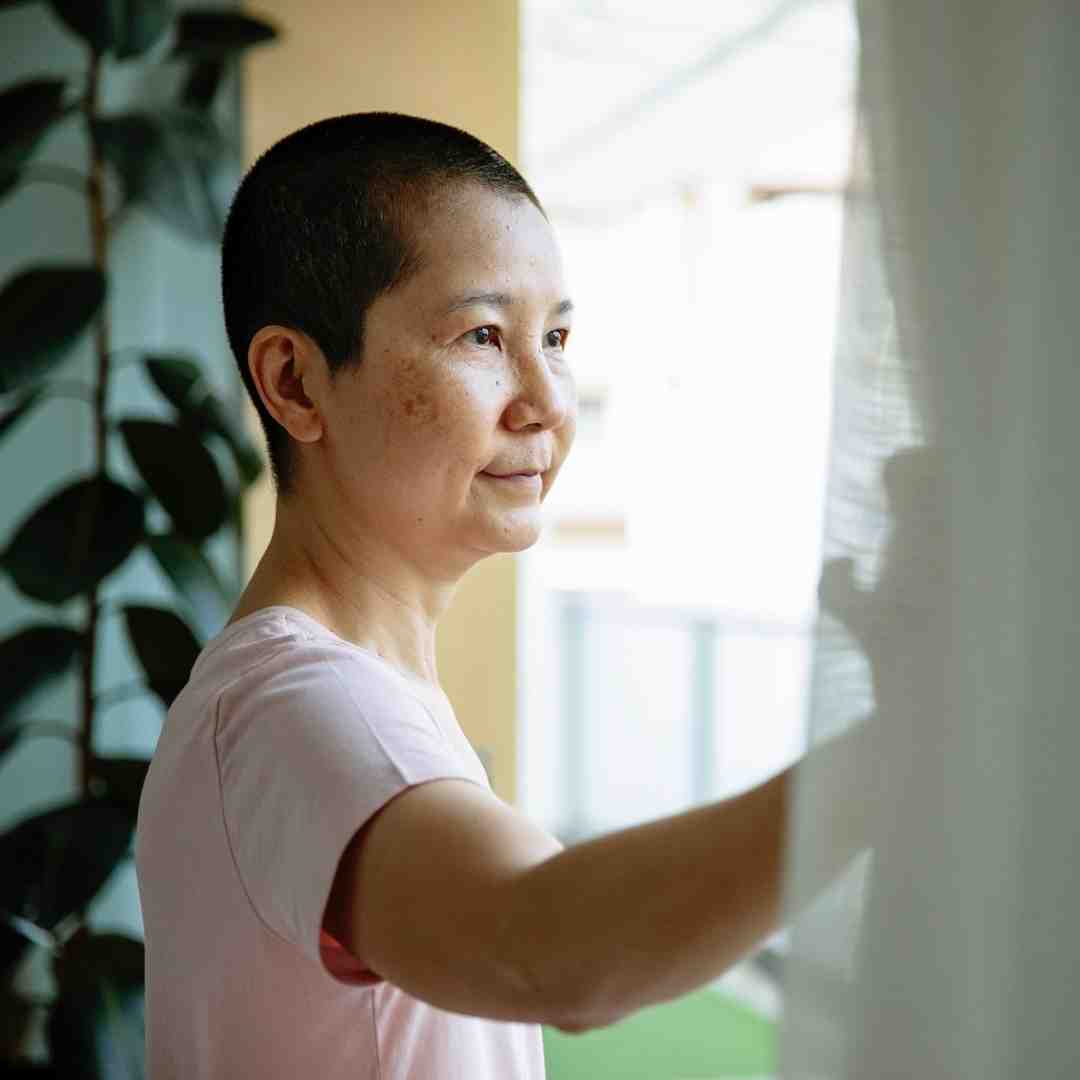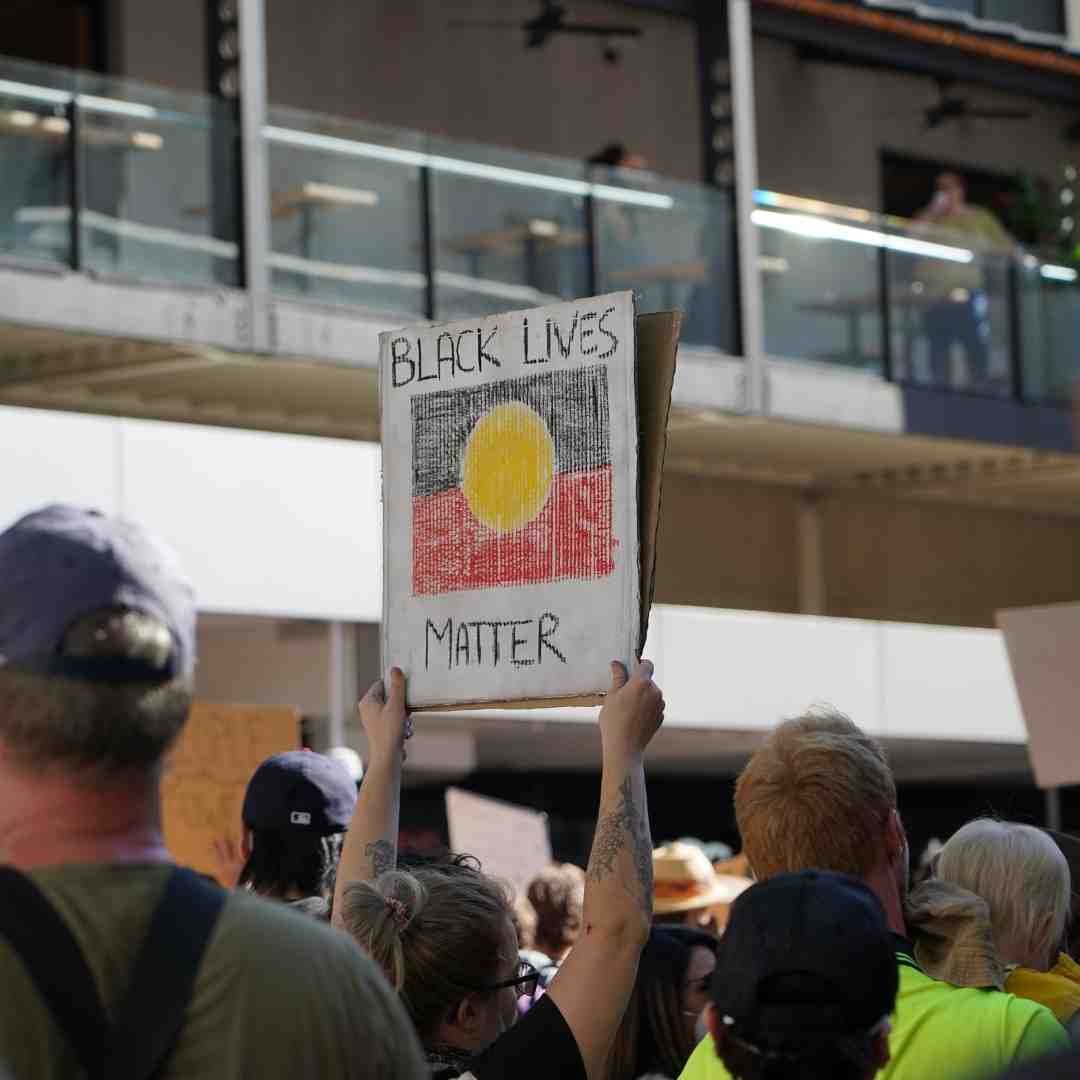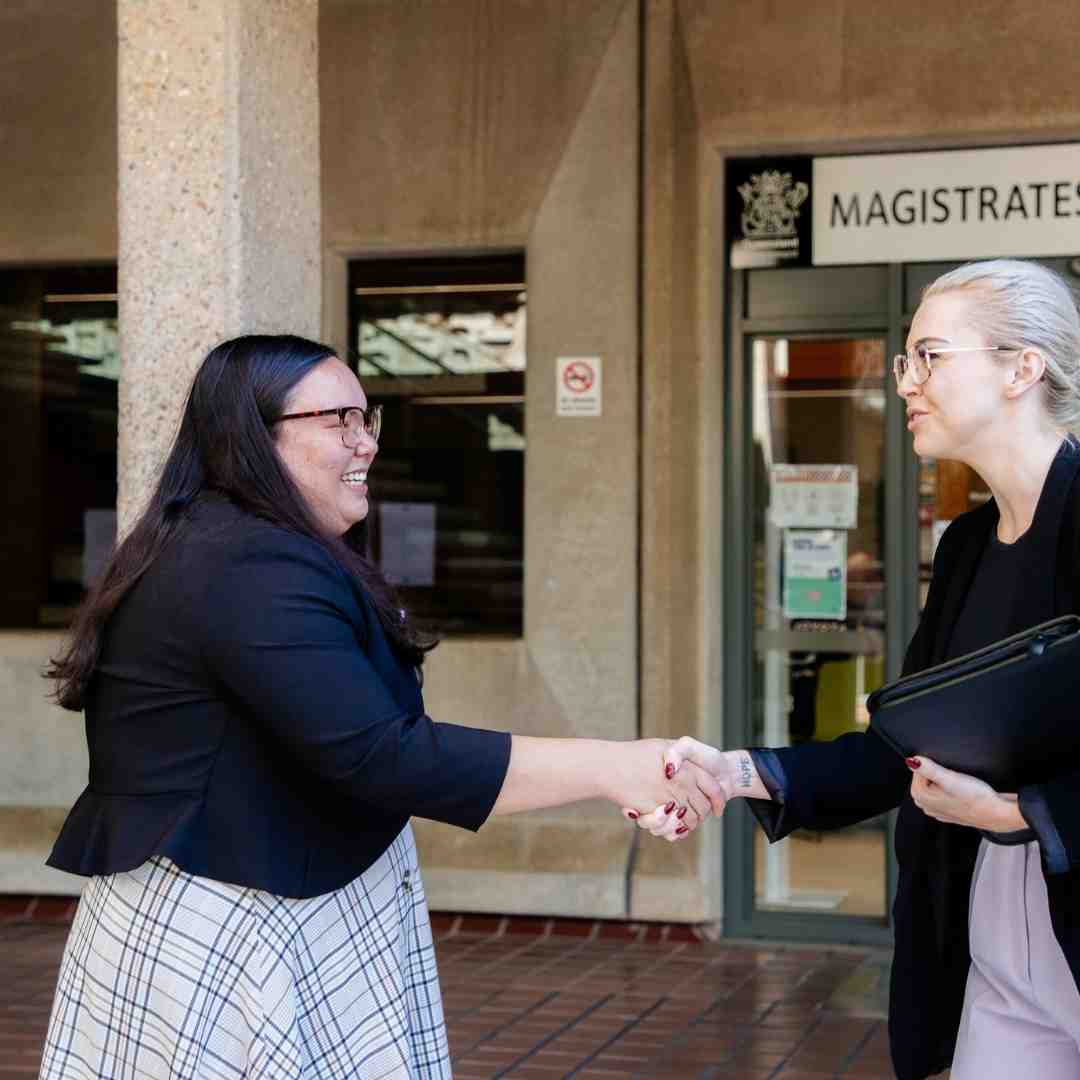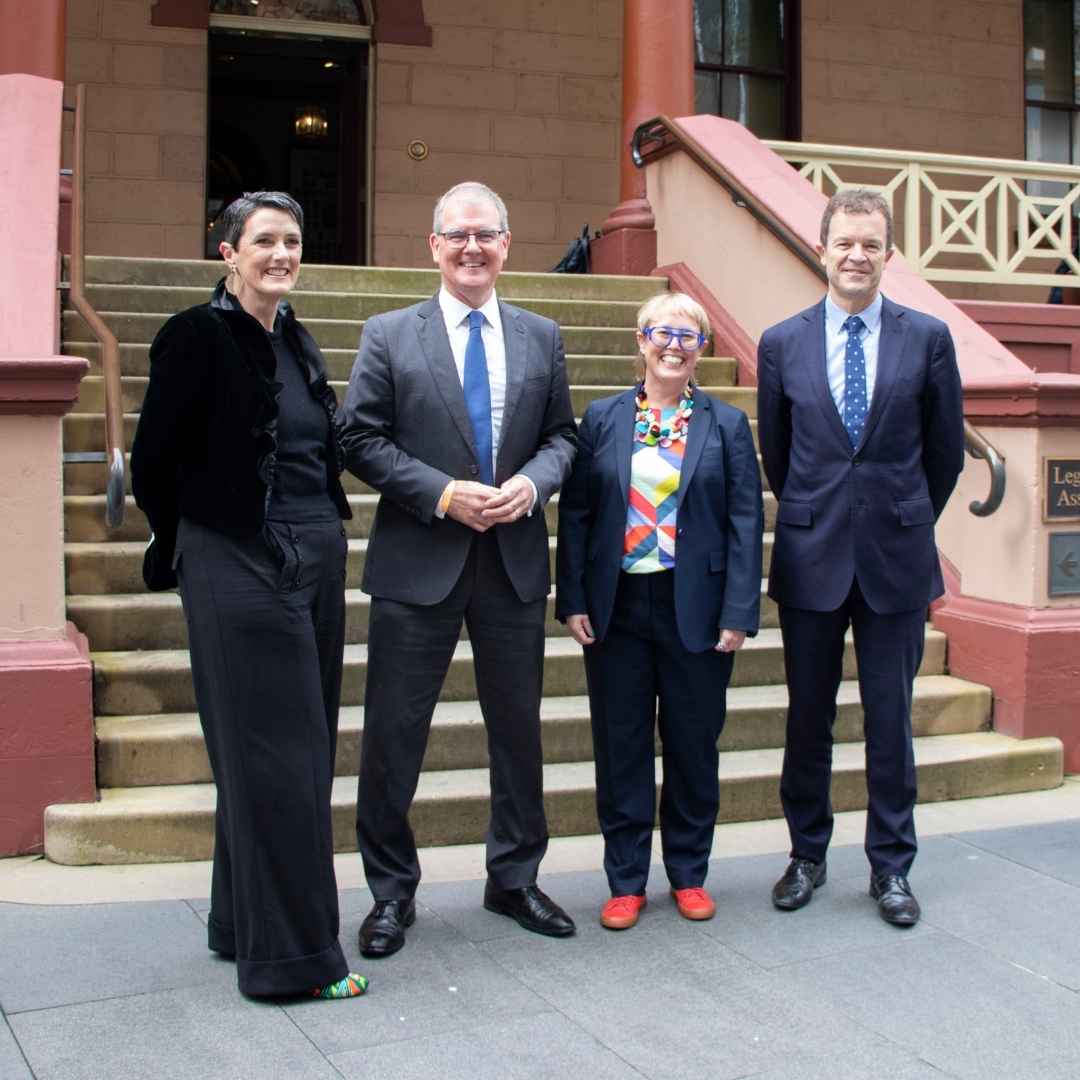The best way to build safe and resilient communities is to ensure everyone can meet their basic needs, can live safely and with dignity, and has access to a healthy environment.
Our economic, housing, and social security systems too often prioritise profit over the wellbeing of people and the planet. When families must choose between rent or food, when people get sick and can’t keep a roof over their heads, we are seeing the inequalities and injustices of a deeply unequal system play out.
But it doesn’t have to be this way. Our communities need the right conditions to grow and thrive. With laws and policies that are developed in the public interest, we can help our communities to be resilient, caring, and safe places to live.
We all need a home.
Yet housing in New South Wales is some of the least affordable in the world. People in need of social housing can wait over 10 years to find a home. On any given night, almost 40,000 people across the state experiencing homelessness. Across the country, our unequal and inaccessible housing system pushes millions more people into stressful situations, poverty, and unstable living situations.
With climate and environmental crises escalating, temperatures are getting hotter, extreme weather events are becoming more common, and many houses are becoming unlivable and unhealthy.
It is time for urgent action. We need to address homelessness, improve housing security for people who rent, lodge or board, and ensure that everyone has access to a safe and healthy environment that is resilient to climate change.
We need laws and policies that recognise that housing is the foundation of our lives – and everyone in our community deserves a healthy, safe, and stable place to call home.
Build more housing
- Make housing security an urgent whole-of-government budget and policy priority.
- Build at least 5,000 new public and social housing dwellings each year for the next 10 years. Build enough new public and social housing to end homelessness, house everyone in our community, and put downward pressure on rental prices and upward pressure on rental standards.
- Prioritise building enough social and affordable housing to meet housing needs in rural, regional, and remote communities, particularly for people experiencing domestic and family violence or living with disability, including by re-purposing existing and alternative housing stock.
- Implement a new State Environmental Planning Policy that mandates inclusionary zoning.
- Require governments and developers to dedicate 15% - 30% of all new floor space to social and affordable housing.
- Extend eligibility for social housing to people on temporary visas in NSW.
Better housing
- Plan for climate change adaptation in areas of high population growth, like western and south-western Sydney, ensuring all residents have access to cool and green spaces.
- Upgrade existing social housing to address dampness, mould, and other health risks.
- Retrofit and adapt existing social housing to improve energy efficiency and protect against extreme heat and other extreme weather events.
- Require all new builds to be zero-carbon ready and well-adapted for disasters and extreme weather events.
Fairer renting
- End unfair, ‘no grounds’ evictions, and replace them with a list of prescribed, reasonable grounds that housing providers can use to evict a resident from their home (for example, by amending sections 84 and 85 of the Residential Tenancies Act 2010). Introduce long notice periods allowing people to find alternative solutions when they are evicted.
- Ban blanket ‘no pets’ clauses in residential tenancy agreements.
- Address discrimination in the private rental market by limiting the information landlords and agents can request at the application stage (e.g. in relation to pet ownership, marital status or family type, religion, or racial identity).
- Establish a public Landlord Register to address the inequality in access to information between landlords and people who rent.
- Establish a general licensing or registration system for landlords’ rental properties, to ensure that all homes are safe, adequately insured, and lawfully managed. Ensure that people who rent can access maintenance records for the homes that they live in.
- Develop a crisis-resilient renting system with a safety net to prevent the eviction of people experiencing financial hardship who have rent- related debts, based on the recommendations in the Tenants’ Union of NSW’s Eviction, Hardship, and the Housing Crisis report.
- Protect the rights and wellbeing of people who live in boarding houses. Implement the recommendations of the Statutory Review of the Boarding Houses Act (2020), including developing decent minimum standards and a clear definition of ‘minimum reasonable notice’ for evictions.
- Ensure rented homes meet people’s mental and physical health needs and are accessible for people with disability. Ensure all new builds meet the silver standard under the Livable Housing Australia’s Design Guidelines, and at least 50% meet the gold standard by 2024.
- Implement minimum energy efficiency standards for rented homes, in line with the Federal Government’s Trajectory for Low Energy Existing Buildings for achieving zero energy (and carbon) ready existing homes.
A fairer fines system for people experiencing financial hardship
- Limit the maximum value of fines that can be issued to people receiving social security payments. In calculating the maximum value for fines, the government should consider court-ordered costs to avoid people being thousands of dollars in debt from a small fine.
- Introduce ‘capacity-to-pay’ guidelines and limitations on multiple fine notices.
- Decouple non-payment of fines from driver disqualification and license suspension. This is particularly important to ensure the safety and wellbeing of people without access to public transport living in rural, regional, and remote areas.
- Amend s54 of the Road Transport Act 2013 (NSW) to remove custodial sentences for people who drive when disqualified under s66 of the Fines Act 1996 (NSW).
- Develop joint guidelines for Revenue NSW and Transport NSW to prevent public transport fines being recovered from people experiencing homelessness or financial hardship.
- Expand eligibility for, and access to, fines write-offs and reductions, including for unemployed non-permanent residents and people experiencing financial abuse.
- Enable people experiencing financial hardship or who meet other, specific criteria to apply for debt write-off before the fine is enforced.
- Establish a better fines write-off process for victim-survivors of domestic and family abuse based on Fines Victoria’s Family Violence Scheme. This scheme allows people to have their fines withdrawn if family violence contributed to the offence, or it is not safe for them to name the responsible person.
- Improve access to fine reductions and write- offs for people experiencing financial hardship who have been issued a Victims Restitution Order.
- Enable people to apply for refunds for fines paid voluntarily, particularly people experiencing financial abuse or other forms of duress.
- Amend Fine Notices to encourage people to seek legal advice before challenging a fine in court and provide information about how to find free legal services.
- Ensure access to free, independent legal advice for people experiencing financial hardship before fines are paid, Work and Development Order or payment plans are entered into, or overdue fines are recovered.
- Improve accountability at Revenue NSW by creating an independent fines reconsideration and review process.
- Amend the Local Government Act 1993 (NSW) to reinstate fairer debt collection practices introduced during the COVID-19 pandemic. Prevent councils from commencing legal action to recover rates and charges unless they have considered other financial arrangements, referrals to financial counsellors, alternative dispute resolution, or waiving unpaid interest.
Housing
- Build enough safe, secure, and genuinely affordable housing in rural, regional, and remote communities to end homelessness and meet housing needs, including social housing, emergency accommodation for people experiencing domestic and family violence, and accessible housing for people with disability.
Access to services
- Increase availability of rehabilitation and other health and social services in rural, regional, and remote communities.
A just transition
- Foster new employment opportunities in rural, regional, and remote communities, particularly where traditional industries like mining, agriculture and abattoirs are being decommissioned.
Support for Aboriginal and Torres Strait Islander people
- Support Aboriginal and Torres Strait Islander peoples to live safe and healthy lives with access to income, services and employment on Country.
Improve courts and tribunals
- Improve access to courts and tribunals and safety for people accessing them in rural, regional, and remote communities:
- Expand specialist courts and court lists, including the Federal Circuit Court Indigenous List, the Walama List, and the Drug Court.
- Make Circle Sentencing or other alternative, culturally appropriate diversion and sentencing methods like the Youth Koori Court available to Aboriginal and Torres Strait Islander people in rural, regional, and remote communities.
- Build safe rooms in all court facilities in rural, regional, and remote communities.
Latest news
Inner City Legal Centre, Kingsford Legal Centre, Marrickville Legal Centre, and Redfern Legal Centre have together established a new statewide service to address the employment exploitation of migrant workers.
Policy Focus | Mark Holden (Solicitor, Financial Rights Legal Centre) examines the recommendations of the Financial Services Royal Commission concerning Aboriginal and Torres Strait Islander communities.
Policy Focus | Social security systems play a critical role preventing people who are locked out of paid work from falling into poverty while they try to get their lives back on track. In this article, the National Social Security Rights Network reflects on the 2019-20 Federal Budget, and the impacts on people struggling to make ends meet of another missed opportunity to raise the rate of working-age social security payments in Australia.


